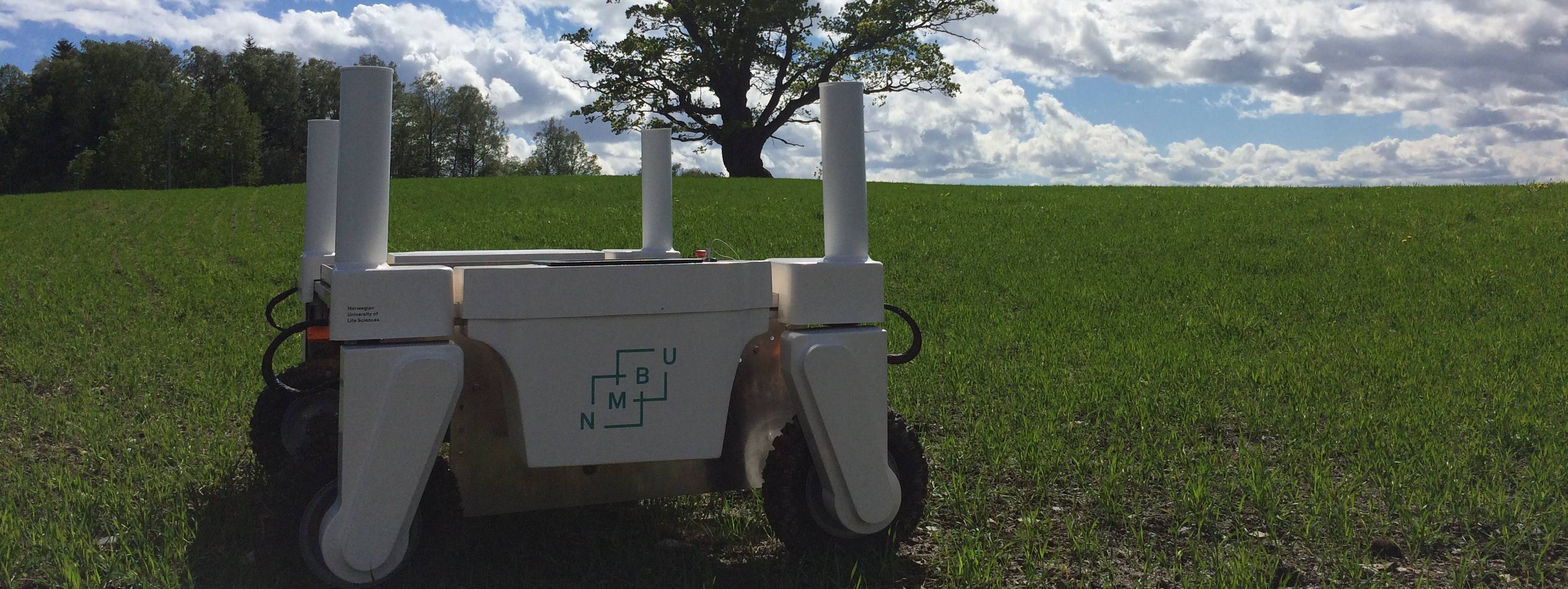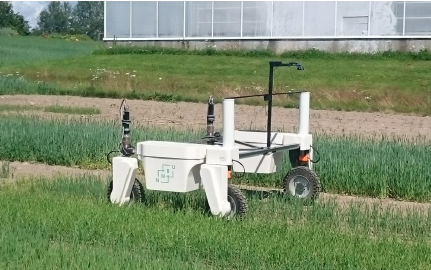
Scientists at the University of Lincoln have taken delivery of an advanced new mobile robot to support agri-tech experiments at the University’s agricultural field station.
The Thorvald agricultural robot, developed with scientists from the Norwegian University of Life Sciences, is the latest piece of technology added to the facilities of the Lincoln Institute for Agri-food Technology (LIAT).
It will support field trials delivered by scientists from the University of Lincoln at the University’s Riseholme Campus in Lincolnshire.
The Thorvald robotic platform has been built to perform a wide variety of agricultural tasks, including deployment as a multi-purpose light weight robotic carrying platform, as a sensor platform to monitor crops and soils and, potentially, as a platform to manage crops and for precision weed control.
It is capable of operating on uneven terrain and agile enough to navigate between rows of crops without touching plants.

Agricultural robotics and research
Professor Simon Pearson, Director of LIAT, said: "In much of our agri-tech research, the fields we use are our laboratory, which brings its own technical and logistical challenges with certain experiments.
"The Thorvald robot will be a welcome addition to LIAT– in effect our own roaming, robotic lab assistant – capable of supporting a wide variety of research activities.
"The robot will support research on autonomous outdoor navigation and mapping, soil quality assessment, crop yield prediction, in-field logistics and transportation."
The Lincoln Institute for Agri-food Technology aims to support and enhance productivity in the UK’s agri-food sectors.
Its research focuses on the development of technologies to improve efficiency, sustainability and reduce waste throughout the food pipeline, from farm to retailer.
Earlier this year the University of Lincoln, through LIAT, secured research grants worth more than £2.6 million to deliver three out of the 24 projects funded through the latest round of the UK Government’s Agri-Tech Catalyst.
The UK is a world leader in the fast growing agri-tech sector, as global challenges such as rising population, shortages of land, water and energy require better and more reliable production of food.
The agri-tech industry is worth around £14 billion to the UK economy and employs more than half a million people.
